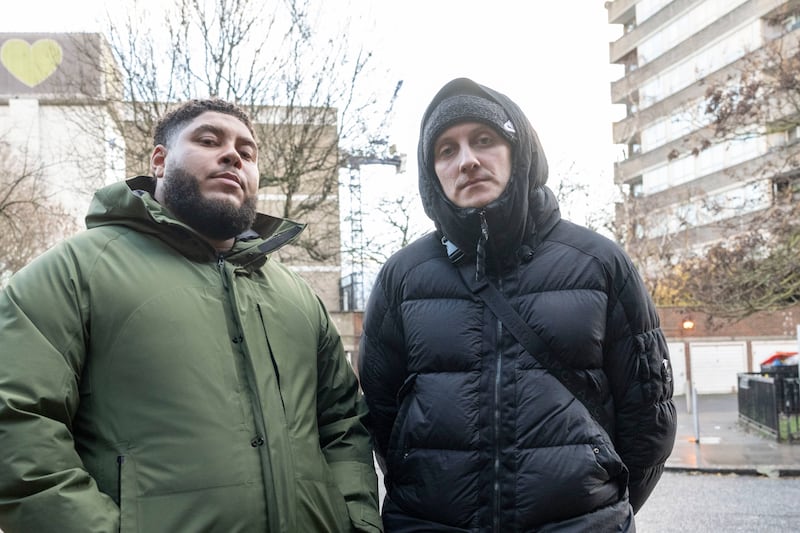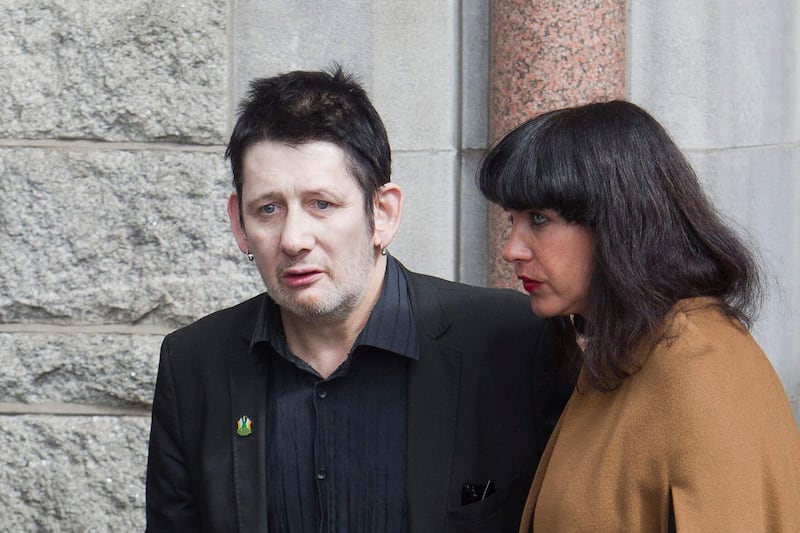ANYONE who’s ever been dumped by a boyfriend then sat in their teenage bedroom playing I Will Survive at full blast can attest to the healing power of music.
But research is taking music’s curative properties to whole new levels – you can now buy tracks specifically designed to help you concentrate, sleep, even soothe a headache or control chronic pain.
"We are only just beginning to tap into the vast therapeutic power of music, which research shows causes more areas of the brain to light up [when scanned] than any other activity," says Lyz Cooper, founder of The British Academy of Sound Therapy.
Research is ongoing, but we know that different frequencies of music tell the brain to do certain things. For example, a high-frequency sound, such as an alarm or scream, will trigger the release of adrenaline, the hormone that prepares you for action.
"A low-pitched sound, like a deep voice or bass drum, relaxes you," adds Cooper. "That’s because our brain detects a lower frequency as a slower sound wave, which can actually slow down the brain itself."
"There’s a phenomenal surge of research into this at the moment, although we don’t yet know exactly which frequency has what effect, so it pays to be wary of some of the wilder claims," says Cooper, who is also a therapeutic music researcher and author of What Is Sound Healing? (Watkins, £7.99).
However, it’s not unthinkable that we’ll get to a point where doctors prescribe different kinds of music for a variety of conditions and we’ll have playlists for every ailment or mood.
"I think we’ll have wearables which measure our brainwaves," says Cooper. "They’ll tell us when we’re stressed and will detect exactly the correct level of relaxing music to calm us down."
In the meantime, here’s some music to add to your medicine cabinet…
Mind-boosting marvels of Mozart
If YOUR teachers told you to revise to Mozart, rather than Madonna, they weren’t wrong; the right kind of music can aid concentration. And researchers are now producing music to tune your brain to concentration mode.
One company, Focus at Will, a favourite of high-achievers in Silicon Valley, asks you to take a personality quiz, then recommends its playlists of instrumental music – such as classical piano, up-tempo running-type tracks and the sound of water sloshing – to match your brain type.
"If you’re one of the 20 per cent of type-A high achievers who are very productive, you also tend to be easily distracted," says founder Will Henshall. "You’ll need more energy in the music. These are the kind of people who get enraged by “relaxing” whale music."
Focus at Will has two million users and promises a four-fold increase in concentration. Research among users shows their concentration rates rise from 20 to 25 minutes to 75 to 80 minutes.
Most use it for about six hours a day during the working week. One study also found it improved mood. However, for some reason it doesn’t work at all for one in three people, says Henshall.
:: Focusatwill.com: There’s a 14?day free trial, and after that it’s £8 a month.
Symphony to send you to sleep
A GENTLE lullaby might help you nod off, but Brain.fm’s music is engineered by artificial intelligence to get you more of the refreshing "slow wave’ sleep, or deep sleep.
In one (albeit tiny) study, volunteers listening to the instrumental, beat-driven tracks through the night experienced 24-29 per cent more deep sleep. This is when waste products are flushed from the brain and memories are encoded.
It works using low-frequency music – in other words, a low-pitched sound or low notes, which encourage the brain to slow down, and also boasts an innovative '3D’ sound to create the feeling of being rocked in a hammock.
"The sound is engineered so it appears to move around you – a bit like surround sound in cinemas – as if you are being physically rocked. We believe this virtual rocking helps you to sleep deeper," says Dr Kevin Woods, director of science at Brain.fm.
The music is designed to be played all night through headphones (it doesn’t work without them), so Dr Woods recommends headband-style ones designed to be slept in.
:: Brain.fm: A subscription costs £4.99 a month or £39.99 a year, with five free taster sessions.
Melodies to help you remember
MUSIC is linked to our memories in all kinds of weird ways. For instance, people in the later stages of dementia can still remember songs from their childhood and are able to play the instrument they learned as a child, even when they can’t recognise their own families, says Lyz Cooper.
In a small US study, setting words to music helped people with Alzheimer’s remember them far better than when they were just spoken.
Again, it may be something to do with our brainwaves. Research has shown that when the brain is storing memories or learning new information, it generates brainwaves at a frequency that’s higher than the ones associated with deep relaxation.
Older adults suffering cognitive decline have lower levels of these types of brainwaves. So the theory is that if you stimulate the brain with these higher level waves, you may be able to improve memory.
The research is in its infancy, but there’s now music of exactly this frequency specifically aimed at improving your memory, although there isn’t yet concrete evidence that it works.
The Memory Enhancer tracks from Binaural Beats Meditation (£7) use this frequency – fairly low-pitched music with strings and a harp-type instrument, which meanders gently along for either 30 or 60 minutes.
:: binauralbeatsmeditation.com
Ease stress with a soothing sonata
LISTENING to calming music can lower blood pressure, heart rate and anxiety levels, and lift your mood, research reveals.
An intriguing study in New York showed that patients having a cataract operation, who listened to music before, during and after surgery, felt calmer and had much lower blood pressure afterwards.
It even works with unconscious patients: in one study, they required fewer sedation drugs if they were listening to the slow movement of Mozart piano sonatas, and also had lower levels of the stress hormone adrenaline.
There’s no clear consensus about which music works best, although most studies are done with slow, classical music.
Soul Medicine takes a novel approach to lowering stress levels. Its music, a kind of mystical spa type, is tuned to a slightly different frequency than the worldwide standard pitch of A=440Hz.
Verdi liked to compose music in A=432Hz, and some musicians feel it has a richer, calming sound. In one study, volunteers’ heart rates fell after listening to music at that lower pitch compared to 440Hz. According to Denise Leicester, a sound healer and founder of Soul Medicine, music is mathematically more in harmony with the Earth (which vibrates at 8Hz) when it’s tuned to A=432Hz.
A study looked at blood profiles of volunteers after listening to Soul Medicine, and discovered increased activity among white blood cells, indicating a healthier immune system and increased ability to deal with stress.
:: Soulmedicine.me: £20 per album or £6 per track
Low-frequency to help kill pain
MUSIC can access the same neural pathways as painkilling drugs, and prompt the brain to produce its own natural opioids, research has proven.
Amazingly, people listening to music after hernia surgery request one-third the amount of morphine of those with no access to music.
Generally, the kind of music that works best on pain is fairly low frequency, says Peter Lix, founder of Binaural Beats Meditation, which has produced a specific pain relief music download lasting either 30 or 60 minutes, costing £7.
"We use low frequencies that take the brain closer to deep relaxation and sleep. Research shows people become less anxious and fearful about pain in this state," he adds.
Lix uses 'binaural beats’ in his compositions: this is when music at a slightly different frequency is fed into each ear through headphones. The brain responds by interpreting the two different frequencies as one new frequency. It then produces brainwaves at that new frequency.
A small 2016 study of 36 adults with chronic pain revealed that listening to binaural beats at that frequency, for 20 minutes a day, resulted in a huge reduction in pain severity after 14 days.
:: binauralbeatsmeditation.com
© Solo dmg media








